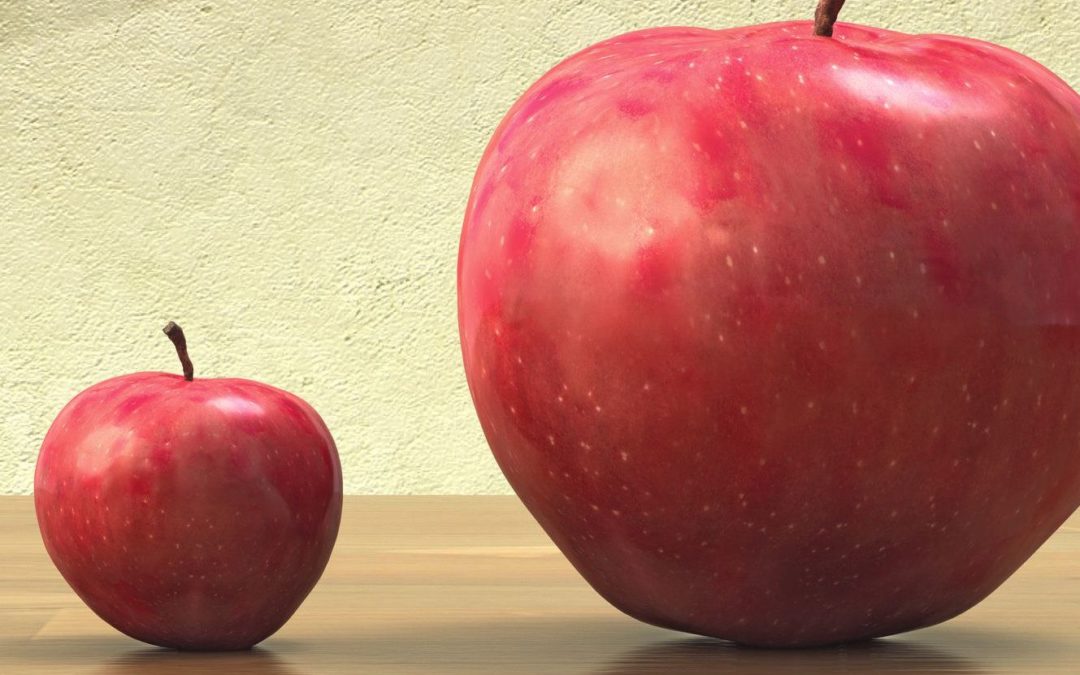At a 12 Step Recovery meeting I attended a while back one of the people shared the following quote that resonated with me. “Being vulnerable is being strong.” Often in life we are afraid to simply ask for help or guidance thinking that it makes us weak or incompetent.
I recently finished an incredible book entitled, The Only Life I Could Save, by Katherine Ketcham on addiction and recovery.
She shared the most powerful story:
During family week at the wilderness recovery center her son was attending in Montana, they did numerous group activities to build connections, and help each one understand the another. One of the activities was blindfold everyone, and walk them to a rope maze, which they were to exit using only their hands and following the ropes.
Occasionally, the staff would step in and ensure that participants didn’t bump into each other or offer guidance. At some point as Katherine was working the maze and getting more and more frustrated and determined, she heard in the distance how another participant announced that they are out of the maze.
This only heightened her need to figure out the maze and she worked harder and faster to try to find out the way out. As she kept working harder, she heard more and more participants announcing that they were out. Feeling her anger and annoyance reaching a peak, she finally turned to one of the counselors and asks for help.
As soon as she asked for help, he came over to her and lifted off her blindfold and she suddenly saw that the maze actually doesn’t have a way out. The way to get through the maze successfully is when your resistance is broken down enough that you are humbled to the point where you finally ask for help.
Instantly it all became clear. The purpose of the exercise was to help the families understand their addict and the need to ask for help. Sometimes that is the only way out of the maze.
Next week, we will be studying a new book of the Torah, the book of Bamidbar, which translates as “in the desert.” It is thus titled since the entire book is the story of our ancestors’ journey in the desert prior to entering the Holy land.
The reason they wandered the desert for 40 years was the sin of the spies, who didn’t have faith in God’s ability to bring them into the land. They were subsequently forced to wander for 40 years and all those above a certain age would not actually make it into the land.
Why did G-d want them to wander? What is the value in that? Let those who will be allowed to enter, enter now, and those who cannot should hang out in one location or some other solution?
The answer may have been given by the Baal Shem Tov in relation to Rosh Hashanah. ”G-d hides” he said, ”so that we should seek Him.” G-d wants us to spend time finding Him and to do so, he has to make Himself appear as if He is absent. The purpose of the exercise is to teach us to seek. Phrased differently, He wants us to need him, to reach out for him to ask him for help. To do so he has to appear absent and then we feel lost, wandering and broken.
One might suggest that G-d had us wander is because He needed us all to have needs or desires that were unmet so that we realize that at some point we all feel broken or helpless. There is no shame in that. That is how He masterfully designed this world. The problem is when we try to put up an endless façade of how smart or strong we are and don’t have the courage to be vulnerable and ask for help.
Sometimes all G-d wants from us is to say three simple words: “Please help me.” Sometimes the only way out of the actual desert or our personal desert is by realizing that being vulnerable IS being strong and asking for some guidance.
Katherine learned this with regards to her son and his disease. The addict learns this the hard way when they have become crushed and they have nothing left but to ask for help.
Our job is to learn from the experiences of others and not wait for total self-annihilation before asking for help.
Remember, when you ask for help, you are being strong.
Have a good Shabbos!
Rabbi Mendel Schusterman
Thanks to my brother, Rabbi Nechemia Schusterman, of Chabad Peabody, MA for sharing the above thought.


Recent Comments